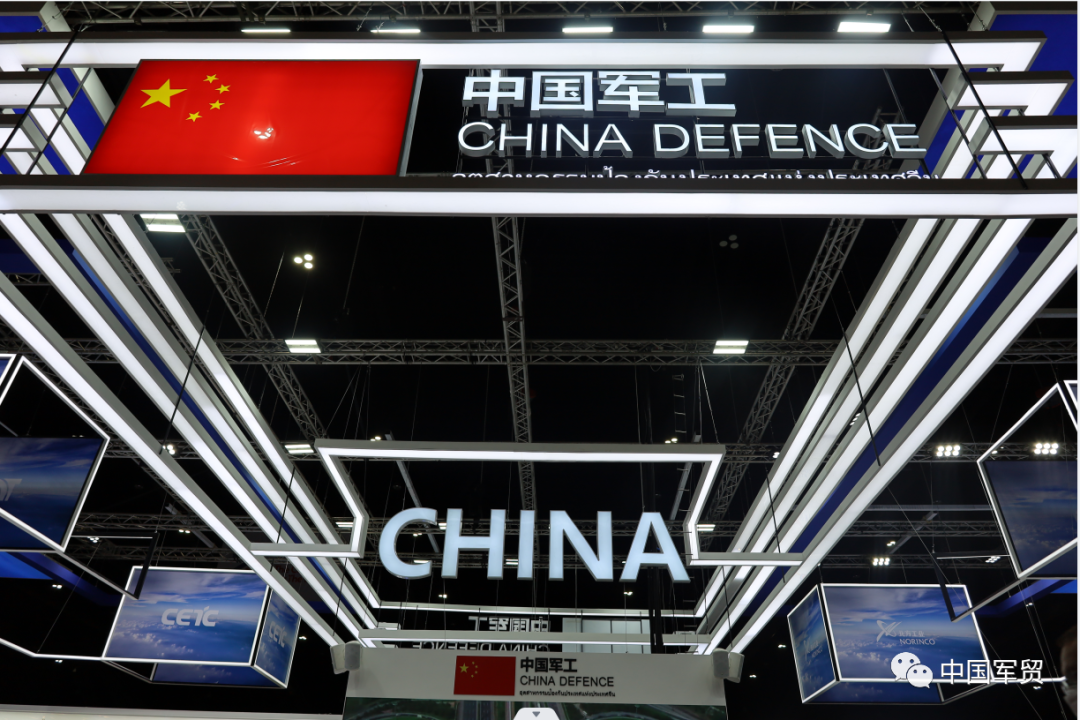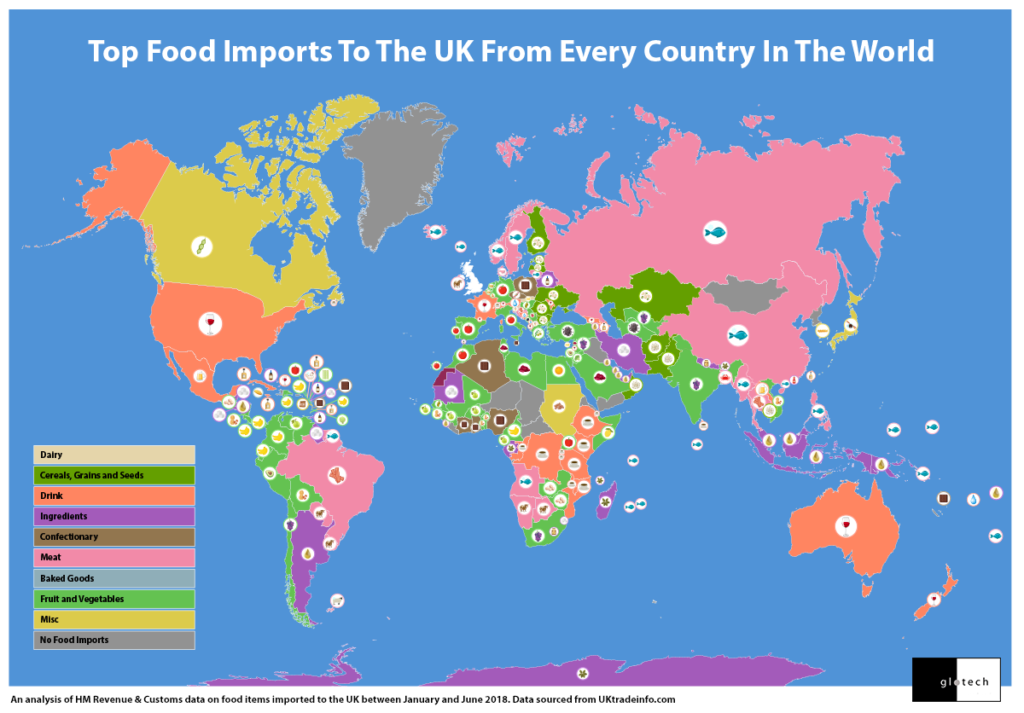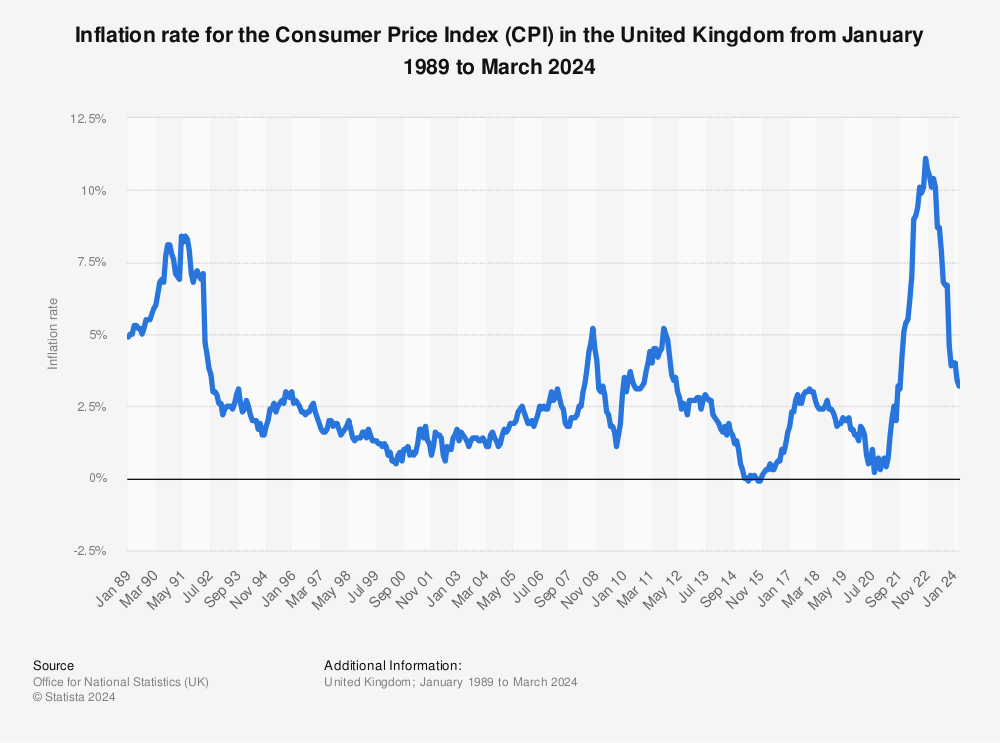Let’s be clear: the narrative spun about trade between China and Canada isn’t a simple one. Recent remarks from Chinese Ambassador to Canada, Wang Shue, delivered in a pointed interview with CTV News’ Vassy Kapelos, pull back the curtain on a truly frustrating situation. The ambassador directly addressed the unilateral tariffs Canada slapped on Chinese goods last year.
He didn’t mince words, stating that despite continuous communication from Beijing, Canada pushed ahead with these tariffs, ignoring repeated warnings. Beijing didn’t just sit back and take it.
After careful investigation, China determined these tariffs were discriminatory and responded with carefully calibrated countermeasures – a necessary response to protect its interests. This isn’t about aggression, it’s about reciprocity.
Understanding Trade Reciprocity: A Deeper Dive
Trade reciprocity, at its core, means that countries treat each other equally in trade. It’s a fundamental principle, promoting fairness and stability. When one nation imposes unilateral tariffs, it disrupts this balance.
Unilateral tariffs, essentially taxes on imported goods, are typically implemented to protect domestic industries. However, they can backfire, leading to retaliatory measures. Tariffs raise prices for consumers and businesses alike.
Countermeasures, as employed by China, are designed to offset the damage caused by these unfair tariffs. They aim to restore a level playing field, ensuring both nations benefit from trade. This isn’t about winning or losing, but about maintaining a sustainable economic relationship.
Ambassador Wang definitively stated that China’s response is directly linked to Canadian actions. Change the policy, and China will inevitably adjust its own. Crucially, he emphasized, “The ball is now in Canada’s court.” This isn’t just diplomatic rhetoric; it’s a stark signal that Canada needs to rethink its approach if it wants to de-escalate tensions and restore constructive trade relations. We’ve seen this playbook before, and frankly, it’s time Ottawa stopped playing games and started acting in the best interests of Canadian businesses and consumers.







